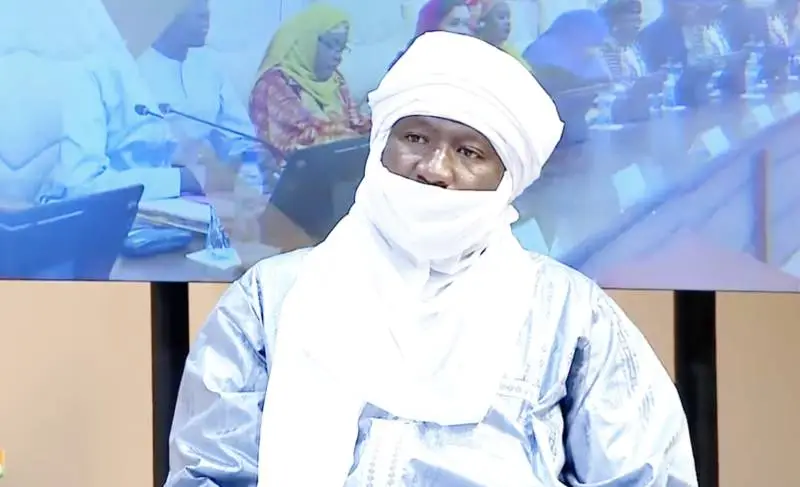The arrest and sentencing of members of pro-democracy activists in Mauritania for calling for political reforms is a retrogressive act and the MFWA urges the country’s leaders to free the defendants.
Six members of Alliance pour la Refondation de l’Etat Mauritanien (AREM), a movement advocating for political and social reforms in Mauritania were imprisoned on February 26, 2020 after being charged with attacking Islam and promoting terrorism. A seventh member was released under judicial control conditions after the arrest; her movements are monitored while she is required to report to the authorities on a regular basis.
The AREM was created in Paris in January as an advocacy group calling for “a divorce from the old practices of bad governance, injustice and impunity,” the defendants’ lawyer, Sid Ahmed Ould Bobaly told AFP.
The six were arrested and detained on February 15, alongside four members of the group “Nous Voulons une Mauritanie Laïque” (We Want a Secular Mauritania), three days after they organised what the authorities said was an unauthorised meeting at a guesthouse in Nouakchott. State security agents searched the online communication history of AREM and found details of a previous audio discussion on WhatsApp in which the members underlined the need for Mauritania to deepen its democratic culture and rid itself of retrogressive cultural and religious practices. An investigating judge subsequently charged them with “terrorism, contempt for the Muslim religion” and “insults against God.”
Mauritania prides itself as an Islamic State and its conservative political and religious leaders are notoriously intolerant of criticism of its cultural and religious practices. Criticism of Islam is often denounced as blasphemy and is punishable by death upon conviction.
The case of Mauritanian blogger, Mohamed Ould Mkhaitir typifies the authorities’ aversion to criticism of its culture and religion. He was arrested on January 2, 2014 after he published a blog to condemn slavery and discrimination and religion’s role in perpetuating these practices. Following the article, Mkhaitir was arrested and detained for months. He was subsequently sentenced to death for blasphemy and apostasy. Although the Court of Appeal eventually commuted his sentence to two years in prison, he ended up spending a total of six years in detention.
The MFWA considers the search of the group’s WhatsApp messages as a blatant invasion of their right to their online privacy. The arrest, detention and subsequent sentencing of members of the AREM for organising a meeting and for calling for reforms is an abuse of their right to freedom of assembly and of opinion. We therefore call on the authorities to free them and stop harassing leaders of the group.






